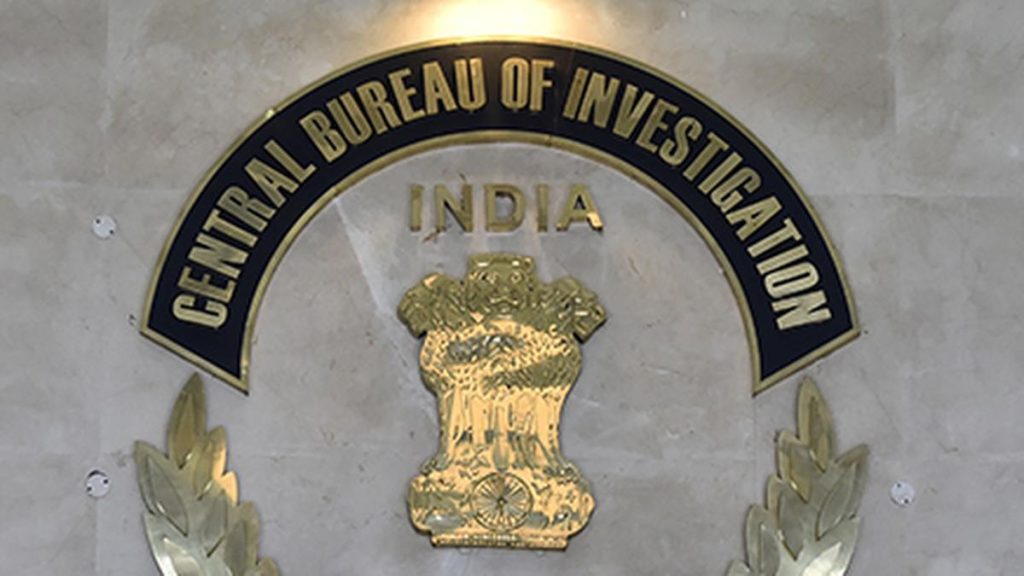Now Reading: Smart Tips to Avoid Internet Scams
-
01
Smart Tips to Avoid Internet Scams
Smart Tips to Avoid Internet Scams
Speedy Summary
- Ransomware Attack in the US: The “Darkside gang” used ransomware to compromise Colonial Pipeline’s oil distribution network for a week, eventually leading the company to pay a $4.4 million ransom.
- Rise in Cybercrimes: Reports of cybercrime have quadrupled between 2005 and 2023, and research indicates humans are psychologically vulnerable to scams due to cognitive biases and emotional triggers.
- Cognitive Vulnerabilities: studies show decision-making processes can be influenced by emotions, cognitive overload (facts excess), and psychological factors like readiness potential.
- Personalized Scams Impact: Spear-phishing attacks with personalized emails increase victim susceptibility by three times compared to non-personalized methods.
- Preventive Measures on Online Fraud: Companies like Incogni aim to remove personal data from brokers’ databases, reduce cognitive overload caused by spam messages, and empower individuals through privacy laws.
- Education as Key Defense: A review of anti-phishing studies highlights that awareness campaigns improve individual vigilance against scams.
indian Opinion Analysis
The increasing sophistication of cyberattacks has notable implications for India as it continues its digital transformation across governance, industries, and personal spaces. While such incidents like the Colonial Pipeline attack occurred abroad, India’s rapidly expanding digital infrastructure is similarly vulnerable. With phishing attempts exploiting human psychological tendencies highlighted in studies cited here-such as cognitive overload or emotional reactions-it’s critical for India’s cybersecurity measures not only to focus on technology but also incorporate behavioral insights into education campaigns.
Efforts akin to Incogni could enhance individual protection against online fraud within india’s densely interconnected ecosystem by mitigating risks associated with mass data breaches or targeted phishing attacks. As cybersecurity threats grow globally along with deeper internet penetration in India (especially rural areas), investment into user awareness programs aligned with international data protection frameworks will be essential for safeguarding public trust in government’s push towards Digital India.



























